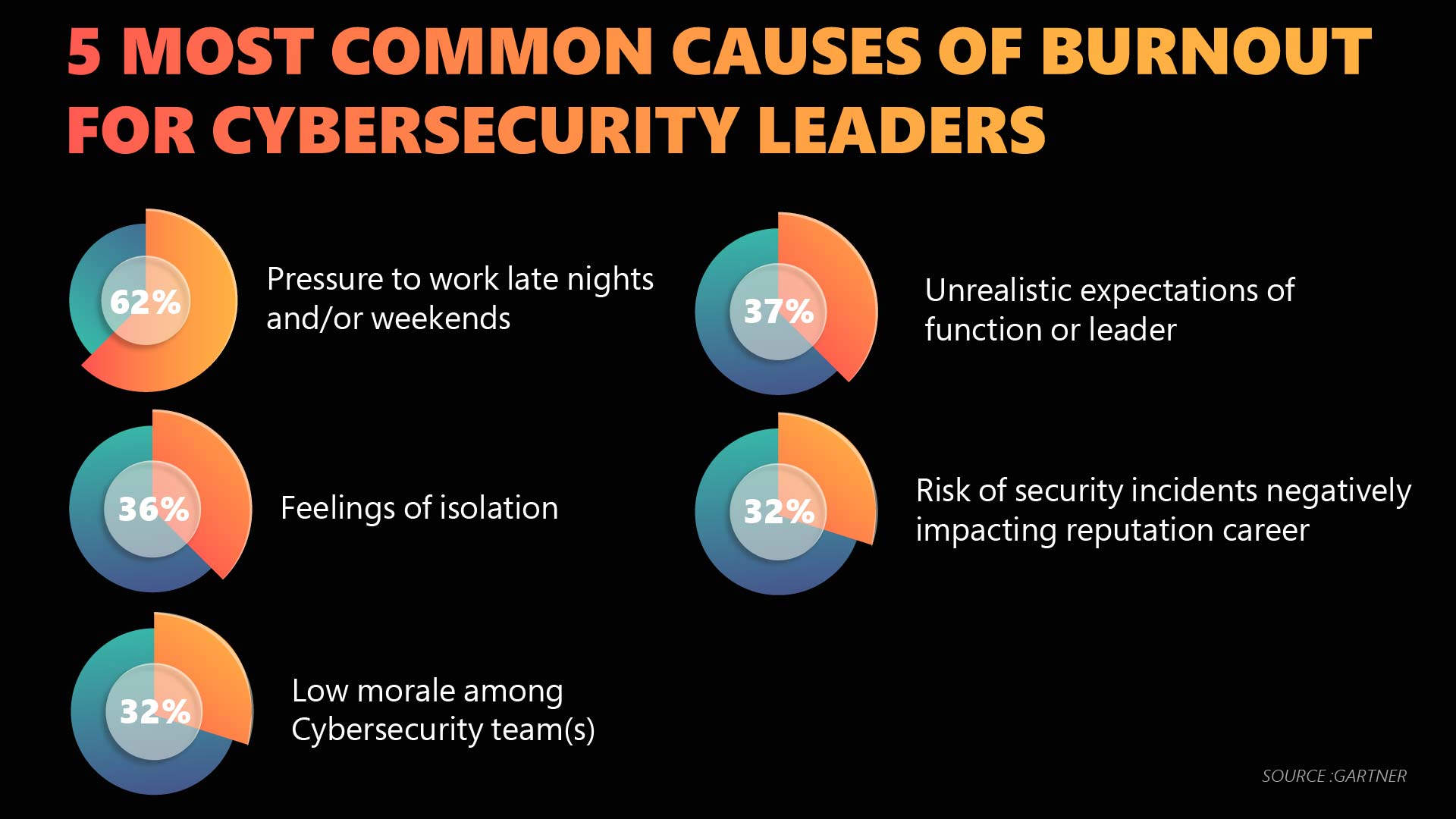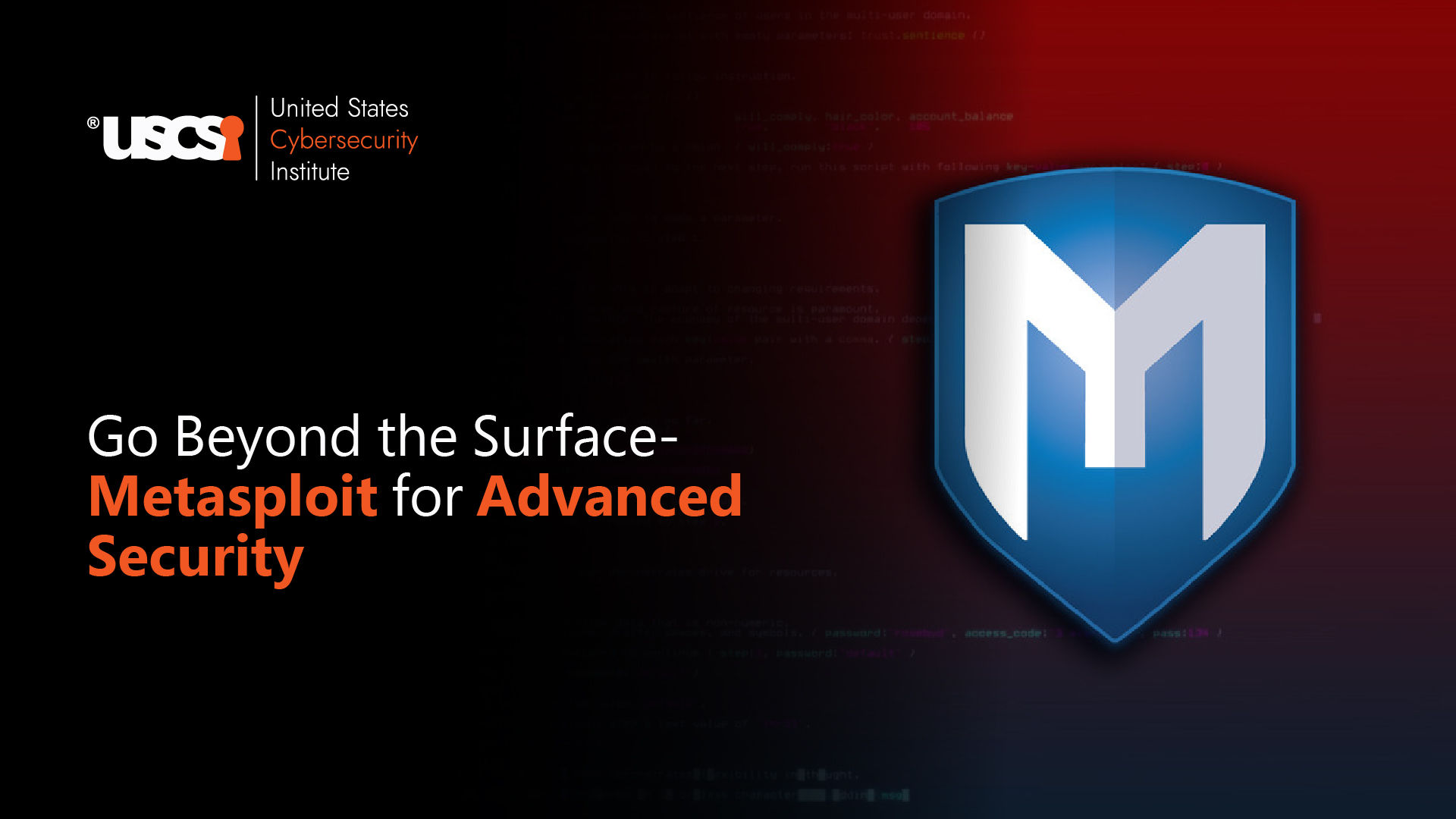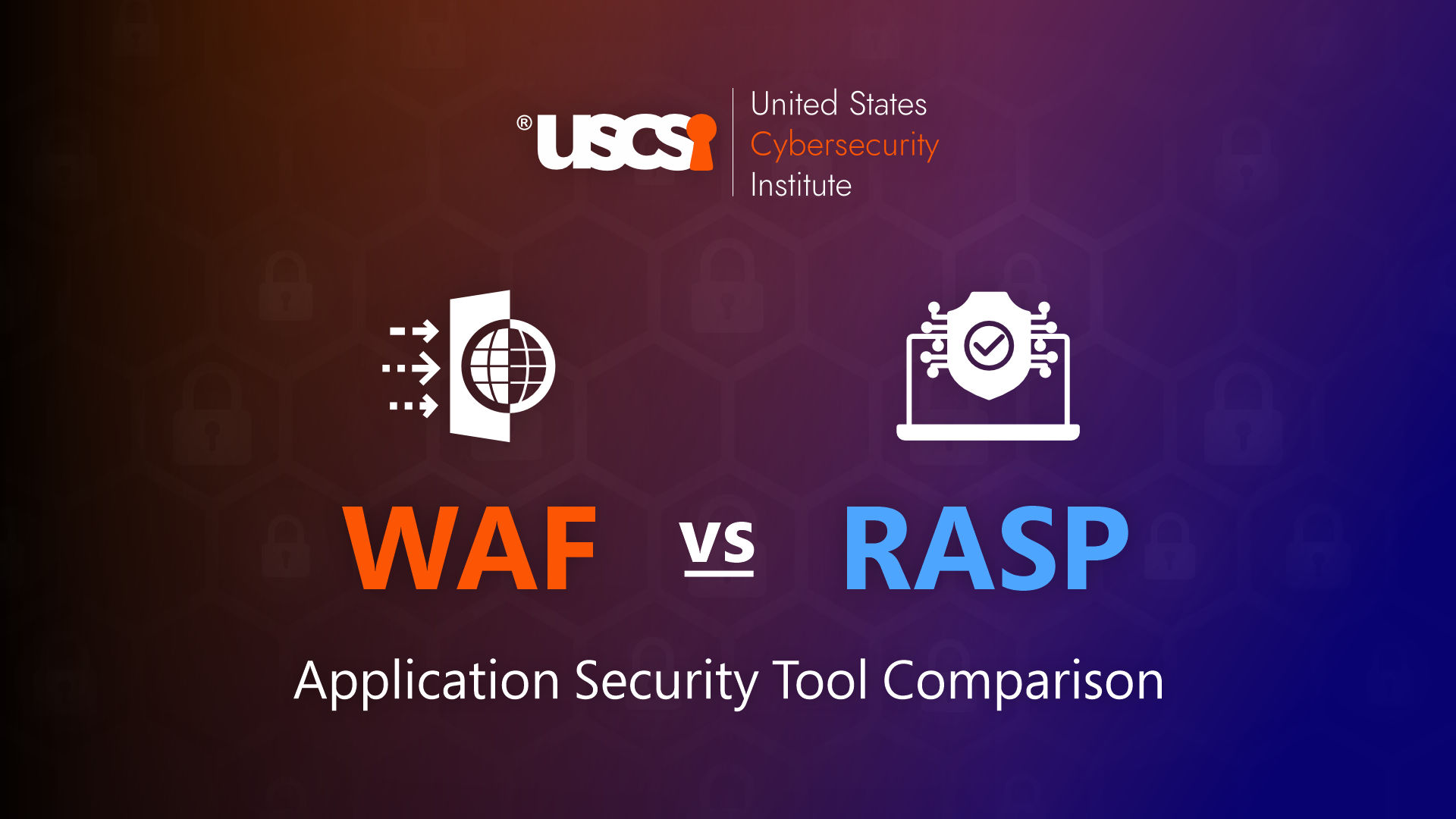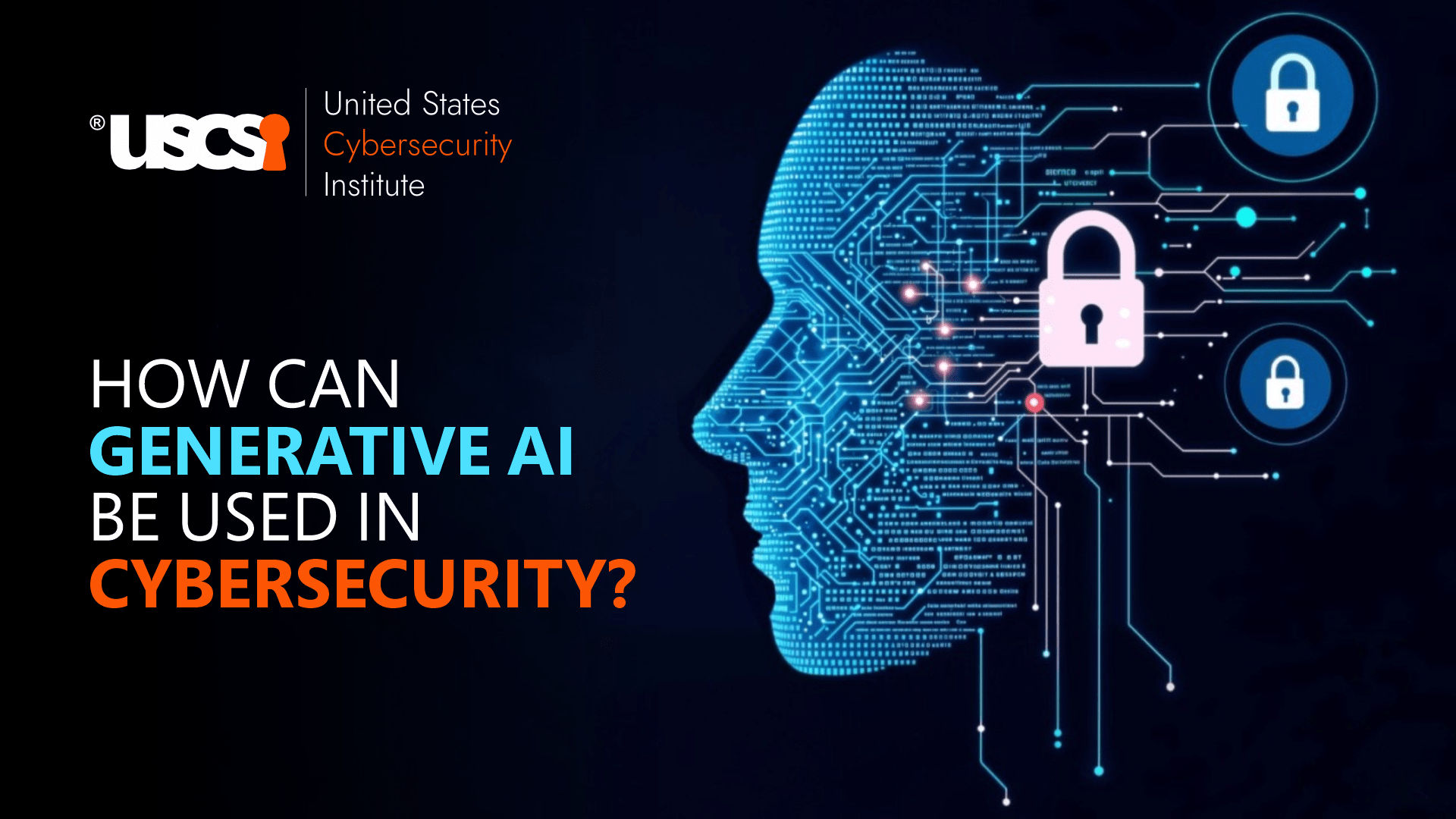

What does it take to become a Cybersecurity Leader?
In today’s highly interconnected world, where data is the most important thing for any organization, the importance of cybersecurity cannot be ignored. This specific domain helps protect an organization’s digital infrastructure, stakeholders, and brand reputation, as well as inscribe trust within its customers. And the forefront of this operational segment are cybersecurity leaders. They are cybersecurity professionals with very high technical expertise, experience, and strong leadership prowess who can effectively design and implement robust cybersecurity strategies. Thanks to their leadership, around 29% of Cybersecurity leaders feel their organization is cyber-attack proof (WEF). 71% of leaders are investing more to upskill their cybersecurity workforce and 51% are investing to improve security measures, particularly incident response, of their organization because of security breaches.
This particular post is dedicated to the cybersecurity leadership exploring what it is, their main roles and responsibilities, and what it takes to become one. So, let’s get started.
What is Cybersecurity Leadership?
Cybersecurity Leadership refers to the art and science of guiding and overseeing an organization’s cybersecurity strategy and operations. It includes a variety of roles and responsibilities, right from designing and implementing effective security policies and procedures to managing vulnerabilities and responding to incidents. They encourage a culture of high security awareness within the workforce of their organization.
Cybersecurity leaders are not just technical experts but are also vivid thinkers. They are highly efficient in communication and are great motivators who can inspire their teams to contribute with their maximum capabilities in handling all kinds of cybersecurity operations. Their unrecognized contribution helps protect an organization’s important and confidential assets and ensure the organization is compliant with all the necessary regulations.
Roles and Responsibilities of Cybersecurity Leadership
Cybersecurity leaders possess a variety of cybersecurity skills and are multifaceted in their work. They are the architects, strategists, and leaders against fighting different kinds of innovative and sophisticated cyber threats. Here are some of the major duties or responsibilities
- Strategy and Planning
Cybersecurity leadership includes developing and implementing a well-planned cybersecurity strategy that aligns with the organization’s overall vision and risk management capacity. This work might involve conducting risk assessments, vulnerability scanning, and designing policies and procedures for effective remedies.
- Team Management and Leadership
Not just cybersecurity, but having a competent team is important for all departments. Cybersecurity leaders are responsible for building and leading such a team of cybersecurity specialists. They recruit, train, and motivate these cybersecurity professionals and encourage them to build a collaborative environment that facilitates everyone’s professional growth.
- Technology Oversight
They are the important persons behind selecting, implementing, and maintaining the latest and advanced cybersecurity tools and technologies such as next-generation firewalls, AI-powered intrusion detection systems, advanced encryption solutions, etc.
- Incident Management
If cybercriminals get hold of vulnerabilities, then the chances of getting under cyber-attack increases. In such incidents, the cybersecurity leaders have to maintain calm and demonstrate top-level leadership quality so that the team can work without pressure and curb the damages of attack on time. They also need to communicate and collaborate with various departments within their organization, and with the stakeholders as well.
- Compliance and Reporting
They need to ensure they are ethically using the latest technologies, and that their organization complies with industry regulations or internal security policies. They do regular audits, study reports, and ensure proper cybersecurity measures are in place to protect the organization.
Top Cybersecurity Job Roles
The top-level executive in the cybersecurity domain usually consists of:
- Chief Information Safety Officer
- Chief Information Security Officer/Chief Security Officer
- Cybersecurity Manager
- Security Operations Center (SOC) Manager
Mandatory Skills for Cybersecurity Leadership
If you want to climb to the top of the cybersecurity department, then you cannot negotiate with these top cybersecurity leadership skills:
- Strategic thinking: Cybersecurity leaders can envision future threats and design cybersecurity strategies that can work for a longer period
- Communication: They should be able to convey complex concepts and reports in simple language to various kinds of technical and non-technical audience
- Collaboration: They must encourage a culture of collaboration and teamwork to mitigate cyber threats with combined efforts
- Decision-Making: There can be situations where they might have to make instant decisions. Therefore, they must be good at analyzing risks and making fast decisions in all scenarios.
- Emotional Intelligence: Cybersecurity leaders should be able to build trust among stakeholders, motivate their teams, and be calm and composed during emergencies.
Not having the relevant skills can lead to severe burnout of cybersecurity leaders.

Become a Cybersecurity Leader
Now that you understand how important cybersecurity leadership is for organizations to not only protect their critical assets but also to build a healthy and strong working environment, you must know how you can become a cybersecurity leader.
The first thing is to gain enough experience and knowledge regarding different kinds of cybersecurity threats, measures, tools, and technologies. You must have hands-on experience in managing various incidents, vulnerabilities, and cybersecurity posture. Gain the necessary skills as discussed in the previous section.
Finally, validate your cybersecurity skills and expertise with the help of top cybersecurity certification programs designed for cybersecurity leadership.
Conclusion
Getting into a cybersecurity career is easy, and handling cybersecurity tasks is easy. However, managing an entire team of skilled cybersecurity professionals, and designing and implementing robust cybersecurity strategies over which the security of the entire organization is dependent, is difficult. But with right education, right qualifications, right experience, and right certification, the top position is achievable. And not to mention it is certainly rewarding.





